This book is a collection of prose letters that were exchanged between the two great Palestinian poets… Mahmoud Darwish and Samih al-Qasim, sharing the concerns of the homeland and poetry, in which the values of friendship and the values of the land are elevated, and between them are poems exchanged between the two poets since their poetic and temporal youth, and joint poems – as Samih wrote – about Ramah, Deir al-Asad and Haifa, and our shared love, our shared prisoner, our shared struggle, our shared newspaper and our shared memory. This world full of bloody joy, surging with the joy of challenge and the pride of pain, was the head of the spring that we discovered. And here we are back…..
The book was introduced by Professor Emile Habibi, entitled “This is how the thorn of the thorn is, mother, this is how it is”, and among what it says: “These letters deserve the name given to them by the writer Muhammad Ali Taha, Letters between the Two Halves of an Orange, because their owners truly constitute two halves, or “the two halves of the Palestinian Orange”, “Each one of us was a witness to the birth of the other” As stated in Mahmoud Darwish’s blessed opening letter “to his twin brother, Samih, and let Mahmoud Darwish be reassured that from the first day we knew the identity of the perpetrator (…) A few of the sayings of these two siblings in “Exchanged Letters” are enough for me from this introduction.
Mahmoud’s saying: “There is no escape from the present no matter how independent you are from it, it is the only path, no matter how narrow or wide it is to the point of the future.” And Samih’s saying: We need our old fire, despite its naivety, because it is the special one hidden in our depths like a grain of sand hidden in the depths of a pearl.”
The book consists of three bundles: The first bundle – A Journey (poem) – I Call You Narcissus Around My Heart (poem). The second bundle – A First Letter…. followed by a number of letters, and the third bundle – from the beginning – My Kisses to the Stone… and other letters.

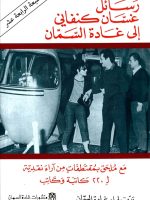
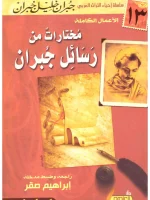
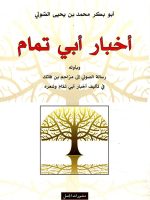
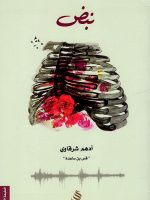
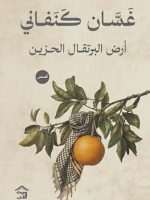
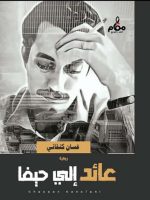
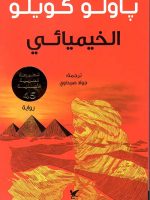
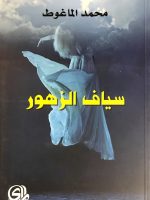
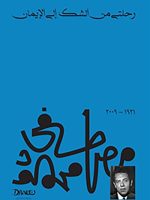
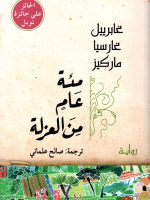
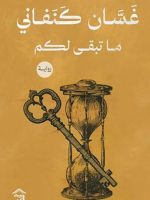
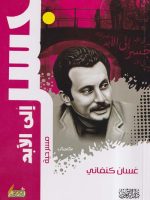
Be the first to review “Letters with Samih al-Qasim”